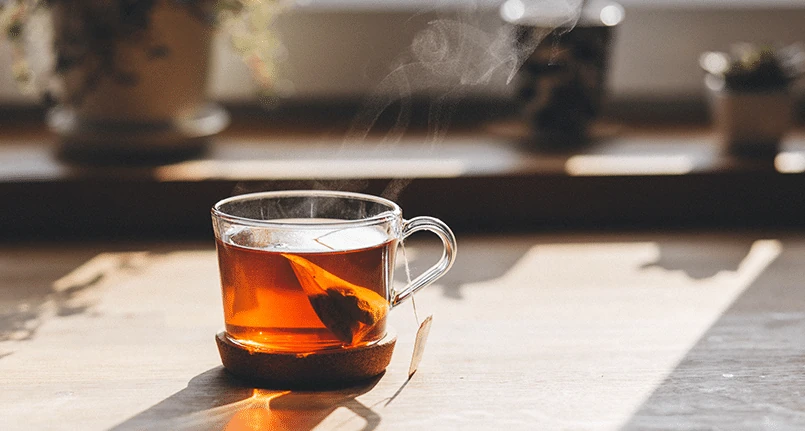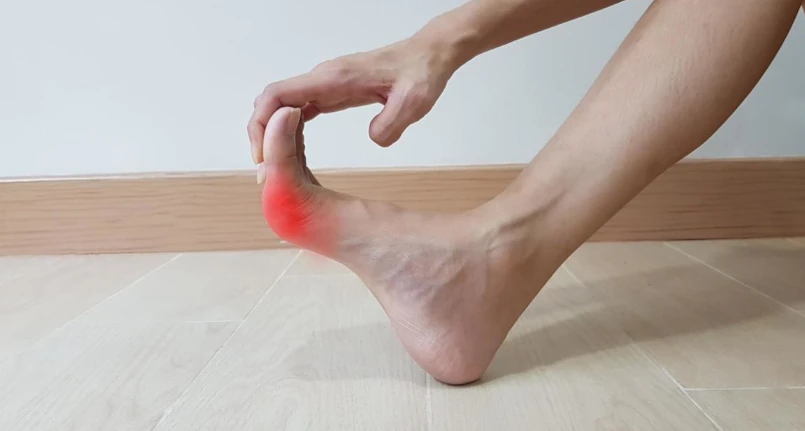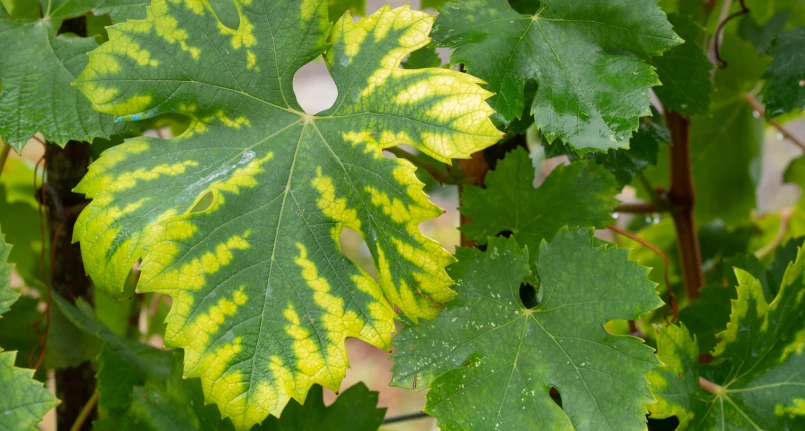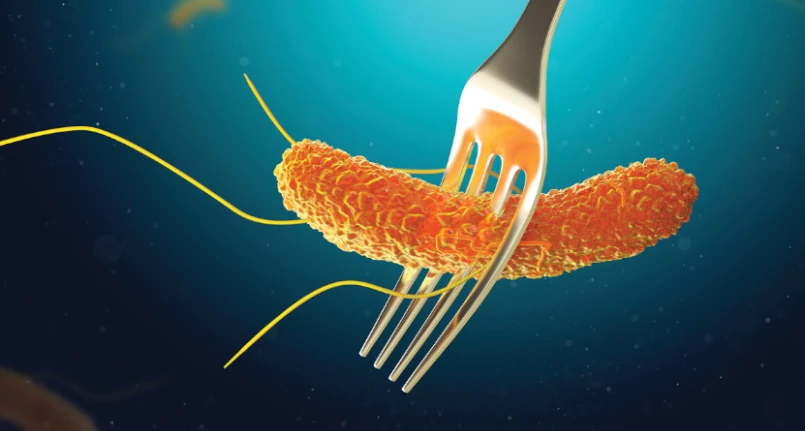Coffee and Digestion
Coffee is among the first places on the list of foods NOT RECOMMENDED in the presence of gastritis ; the famous drink is in fact endowed with eupeptic properties .
Why avoid it in case of gastritis
Coffee is contraindicated in the presence of gastritis and peptic ulcers , as it accentuates the insult to the gastric mucosa delaying its eventual repair.
Furthermore, caffeine is known to loosen the tightness of the gastro-esophageal sphincter , which prevents the gastric contents from flowing back into the esophagus ; consequently, coffee should not be consumed, or eventually replaced with decaffeinated coffee, and always in moderation, in the presence of gastritis, gastroesophageal reflux , peptic ulcer or Barrett’s esophagus .
Where is caffeine found?
It should be noted that caffeine is present not only in coffee and other drinks or foods, but also in some medicinal specialties, for example against headaches . Other methylxanthines used in the prevention of bronchospasm ( antiasthmatic properties of theophylline and aminophylline ) can promote gastric secretion.
Vomiting blood that looks like coffee grounds ( hematemesis ), then digested, is one of the cardinal symptoms of severe gastritis accompanied by gastric ulcer .
Better to avoid too
In addition to coffee, in the presence of gastritis and its complications, it would also be advisable to avoid:
- NSAIDs reduce the concentration of bicarbonate in the gastric mucus and inhibit the synthesis of some prostaglandins useful for protecting the stomach mucosa; the gastrolesive effect is reduced for paracetamol and for the selective COX-2 inhibitors .
- Cortisone , similar to NSAIDs , but with a different mode of action, exerts a gastrolesive action, probably going to disturb the blood flow at the gastric level .
- Alcohol can favor the appearance of gastritis and peptic ulcers, since, in high doses, it reduces the quantity of bicarbonates in the mucus .
- Cigarette smoke increases gastric emptying time , facilitates gastro-duodenal reflux and reduces bicarbonate secretion; it is therefore one of the factors that predispose to the development of gastritis.
- Sympathetic-mimetic amines and in particular the caffeine of coffee, but also of tea , cola , cocoa , guarana , maté , can drastically increase the acid secretion of the stomach, while caffeone can interfere with the defense capacities of the gastric mucosa. Not surprisingly, gastroenterologists use the so-called caffeine test to evaluate the patient’s gastric secretion.
- Too abundant meals, consumed too quickly, without chewing, incorrect food associations ; tomatoes , cocoa , juices, acidic juices, cooked fats, fries , pepper , chilli pepper and spices in general are considered habits and foods that predispose to gastritis. See diet and gastritis .
- The picture of the factors that favor the appearance of this disorder is completed by some psycho-social elements, such as severe stress , internal conflicts, a strong spirit of competition, etc.




